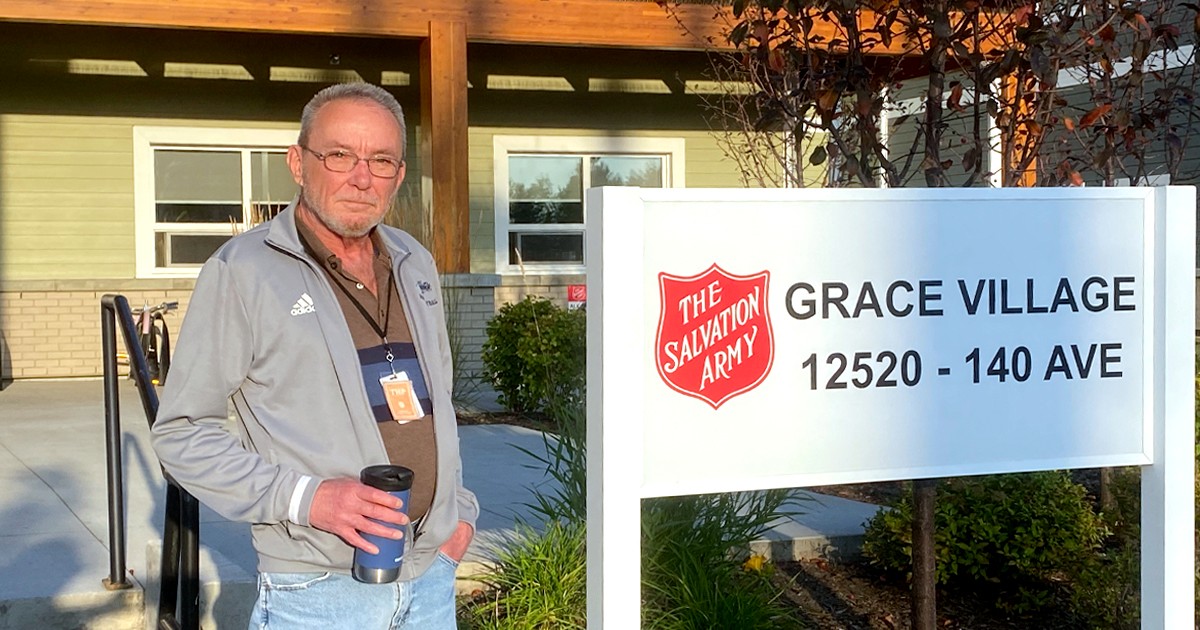“I hope I don’t have a fit today,” my four-year-old granddaughter said, smiling sweetly.
My 16-year-old son, Nathan, laughed. “Mom, did you hear Sawyer? She said that she hopes she doesn’t have a fit the way I would say I hope it doesn’t rain. I can’t control the rain, but Sawyer can definitely control whether or not she has a temper tantrum.”
I nodded. “Yeah, most of the time. Once in a while, like when she misses her nap, she might not be able to help it, but most of the time, she can.”
“Why ‘hope’ that something won’t happen if it’s within your control to stop it?”
“Well, for one thing, she’s four. But I’ve heard you say the same thing.” At his doubtful look, I smiled and did my best impersonation of Nathan playing video games. “Gee, Mom,” I said in a deep voice, “I hope I don’t get a bad grade on my algebra test tomorrow.”
He laughed. “You’ve got a point. I had the ability to impact my grade by studying, but instead, I got lazy and just ‘hoped’ I’d do well on the test.”
“I think we use the word ‘hope’ as a substitute for the word ‘wish,’ even when we can influence the outcome through hard work or a good decision.”
“Yeah, I see what you mean. I’ve heard kids at school say they hope they don’t get in trouble with their parents, while they’re making plans with their friends and they know they’re going to break their curfew. It always seemed so silly. I didn’t realize I was doing it, too.”
“I’ve done it, too.” I grinned and imitated myself. In a high falsetto voice, I said, “Gee, I hope I wake up early enough tomorrow to exercise before work. Hmm, it’s 11 o’clock. I think I’ll start a movie.” I rolled my eyes. “Think I’m waking up early to use the treadmill when I made that decision the night before?”
“Probably not.” We both laughed. “So all of us are just four-year-olds, hoping we don’t have a fit, right, Mom?”
“Sometimes, that’s exactly what we are.”
“We don’t need to wish for heaven. Whether or not we go to heaven is something we can control.” NATHAN STARK
The Best Part
Nathan went upstairs. When he came back an hour later, he looked thoughtful.
“Mom,” he said, “I invited my friend Joe to youth group again. He asks me questions about God all the time, so the other day, I asked him a question. I asked him if he thought he’d go to heaven when he died.”
“What did he say?” I asked.
“He said, ‘I hope I do.’ At the time, I didn’t know how to respond, but now I do. Joe is using ‘hope’ like ‘wish.’ But we don’t need to wish for heaven. Just like my algebra test, whether or not we go to heaven is something we can control.”
“You’re right. I never thought about it this way, but heaven isn’t something to wish for, as though we have no influence over where we go when we die. It’s a decision that each of us has to make.”
Nathan nodded. “That’s what I told Joe. I just called him and told him about our conversation. Then I read John 3:16 to him. I said that if we believe and accept Jesus’ sacrifice, we don’t need to hope or wish that we’ll end up in heaven. We can know for sure that we’re going to heaven because God always keeps His promises.”
“What did Joe say?” I asked.
“He got really quiet, and he said he’ll think about what I said.”
“I’m really proud of you. God used Sawyer’s funny comment to spark a conversation that planted seeds with your friend.”
“Now it’s up to God to water them.”
“Nate,” I asked, “when you told Joe about our conversation, did you include the part where I made fun of myself for staying up late and then skipping my workouts?”
He grinned. “Of course. That was the best part of the story. Well, the second-best part. Jesus dying for our sins so we can be sure of heaven is the best part.”
“Yeah. Jesus is the best part of pretty much every story.”
Photo: suthisak/stock.Adobe.com










Leave a Comment